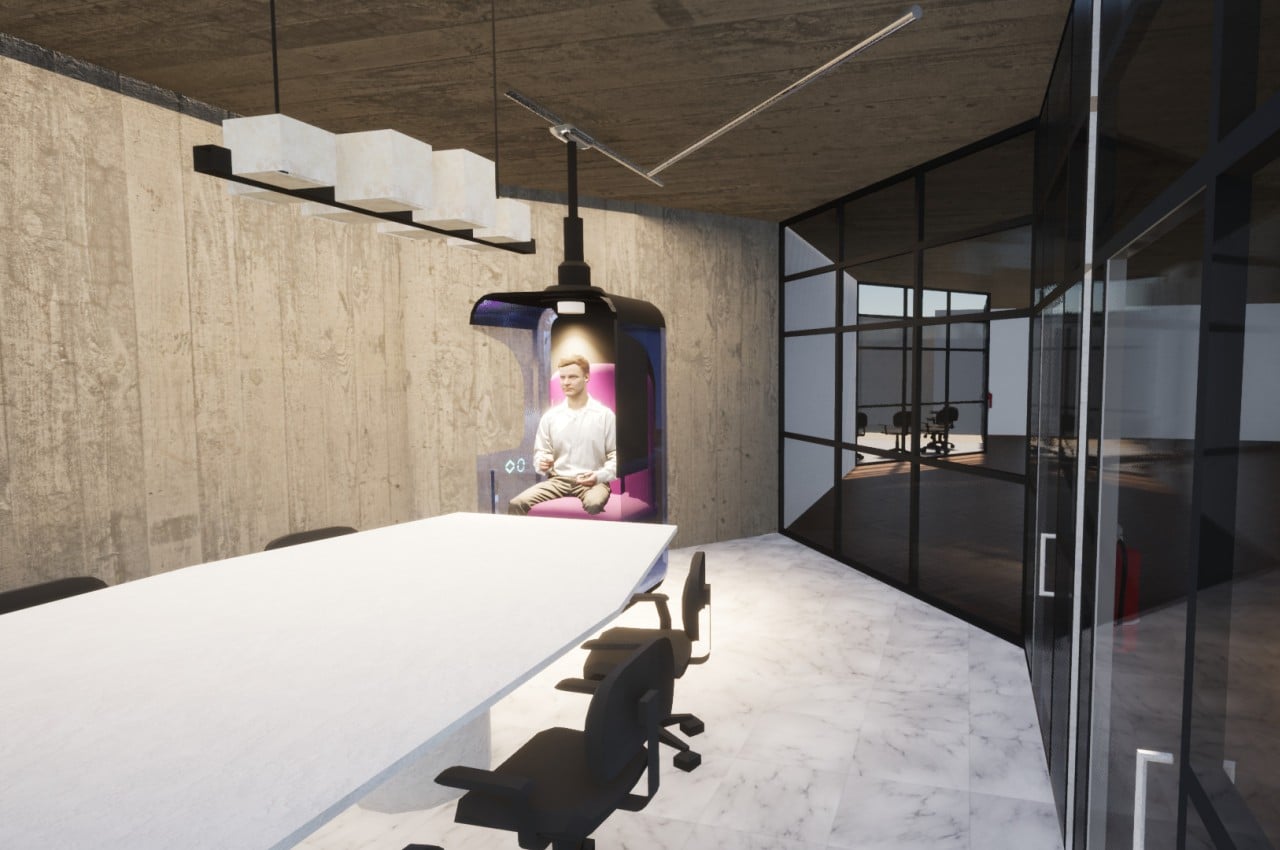
We’ve seen the birth of a new kind of computer chair, one that integrates not only the computer but even the monitor as well. While these gaming-oriented behemoths are equal parts impressive and bewildering, they are, like most office and computer furniture, made for the majority of able-bodied people, to the exclusion of those with physical disabilities. This latter group often needs more specialized equipment, but few actually design office furniture with accessibility as the top priority. In contrast, this furniture concept was made specifically for people with physical disabilities, and it creatively combines ideas and mechanisms from existing products or systems in order to create something that is new yet also familiar to the people who will be using them.
Designer: Divyanshu Garg
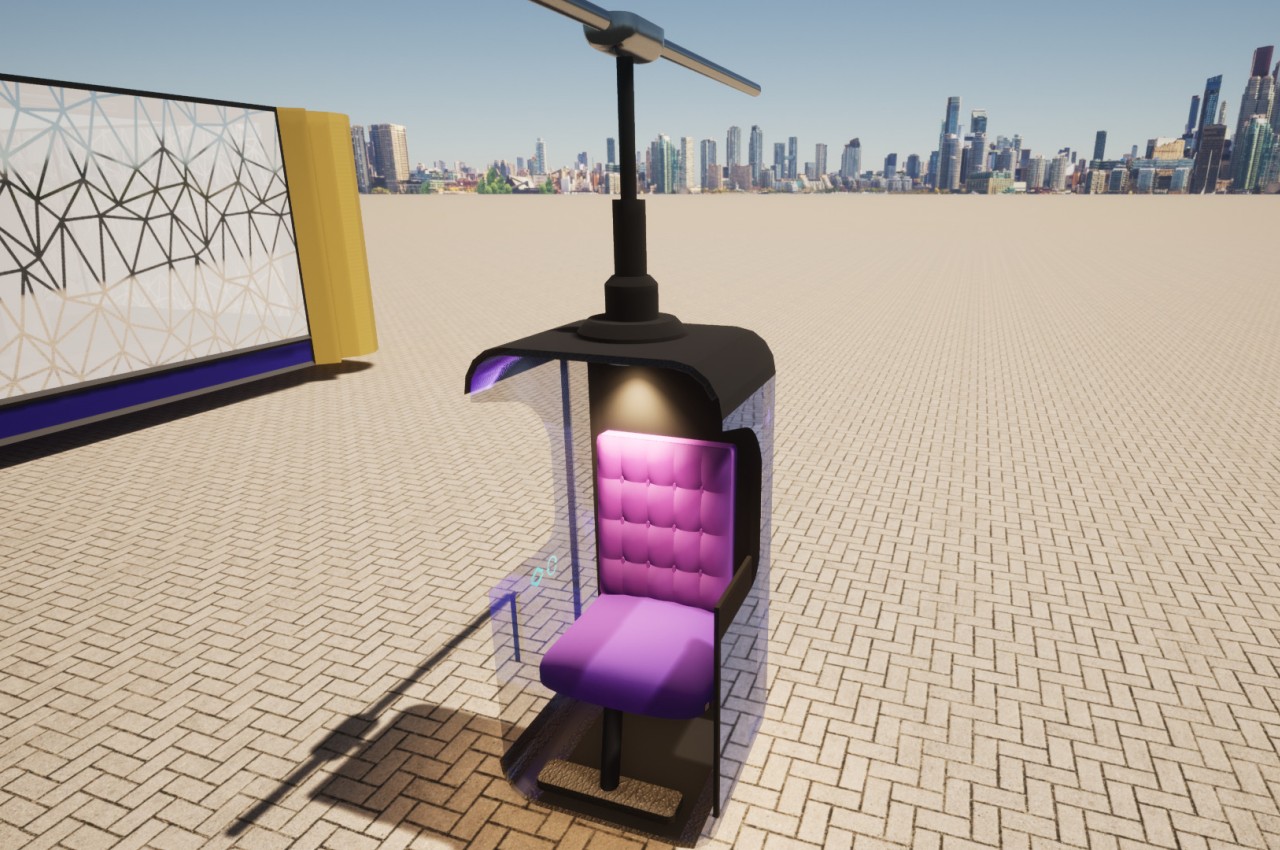
There are many types of physical disabilities and impairments, but for those who can still do some form of office work or another, the most common type is a walking disability. These people can still work with their hands and even use a computer, but their mobility is hampered, making it difficult for them to go places. Some even have to use wheelchairs, which could be a major obstacle to productivity and comfort, even at home. There are, however, also plenty of tools and devices designed around this kind of disability, but very few are meant to make office life more bearable or even more enjoyable.
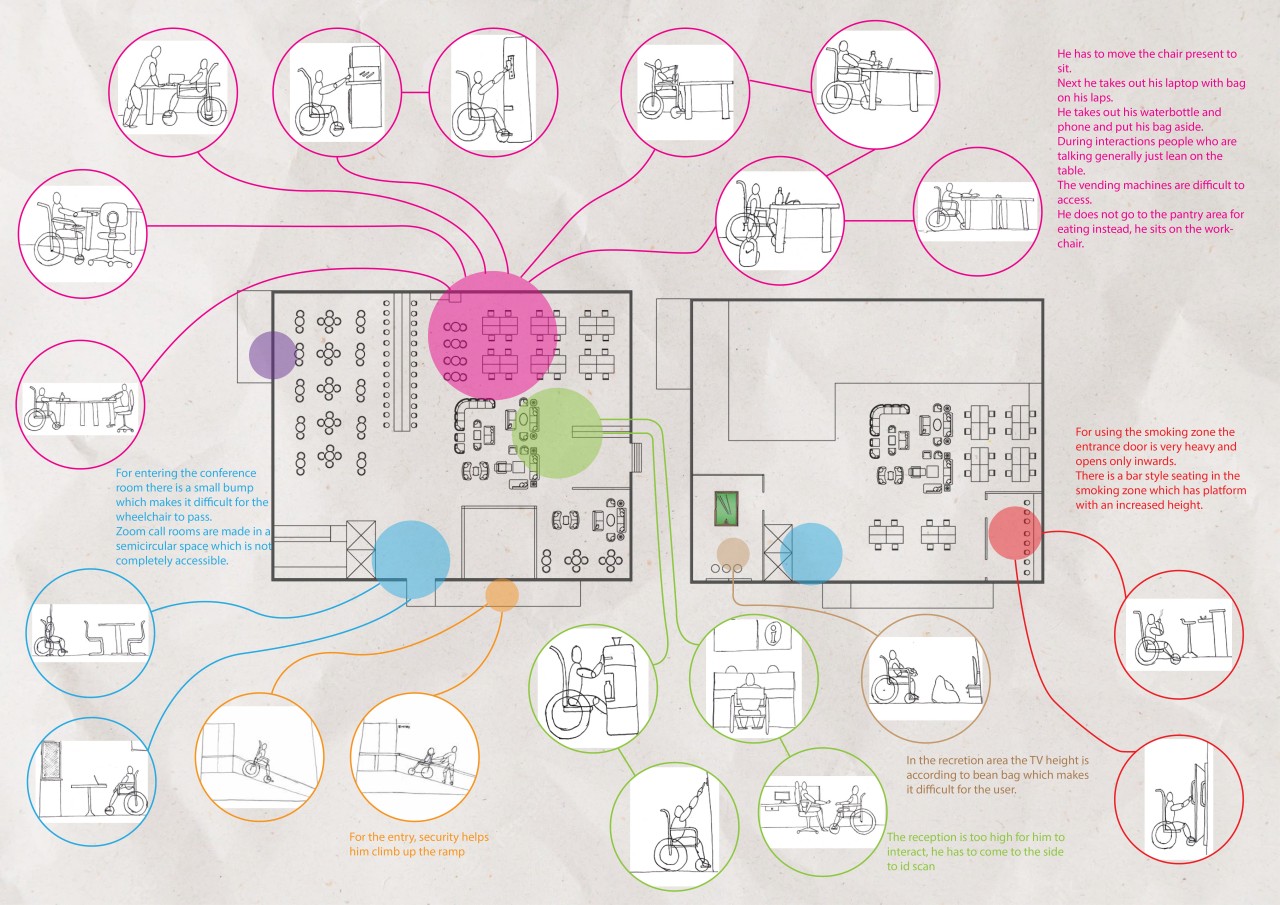
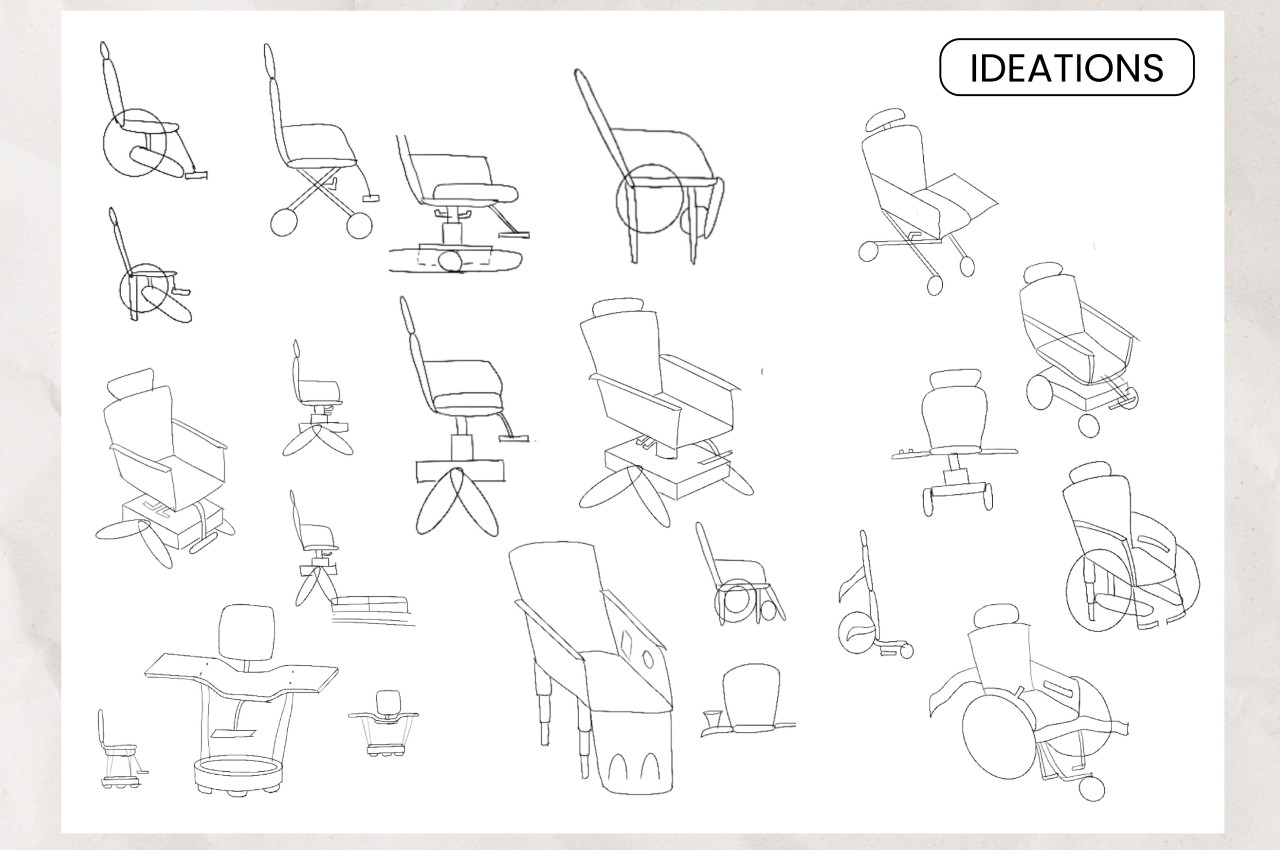
This office furniture thesis tries to combine some of these features with other mechanisms that people from all walks of life might be familiar with. Everyone will want proper lighting and a comfortable chair, for example, but not many of these are made for those who aren’t able to walk. In this concept, for example, the chair shifts forward to facilitate moving from the chair to a wheelchair, something that is already used in cars made for accessibility.
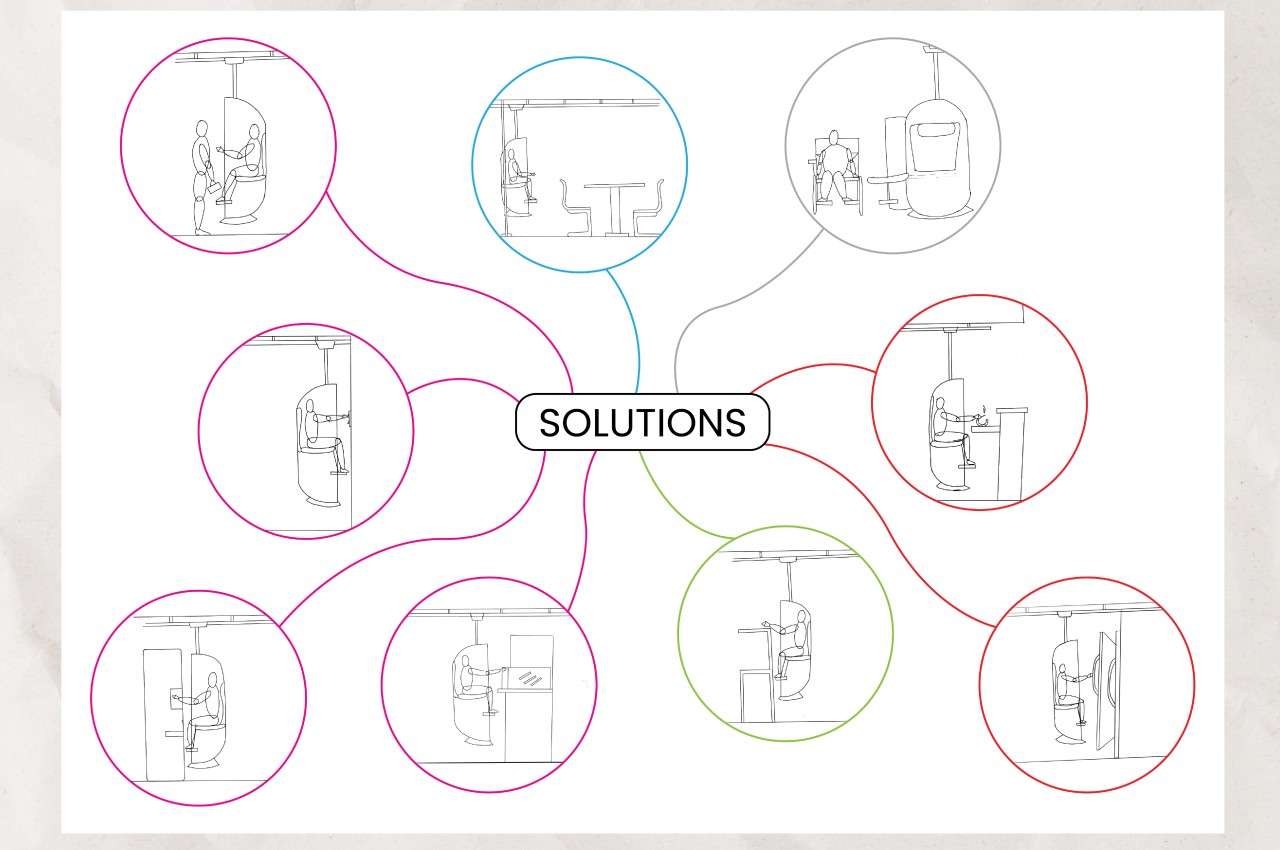
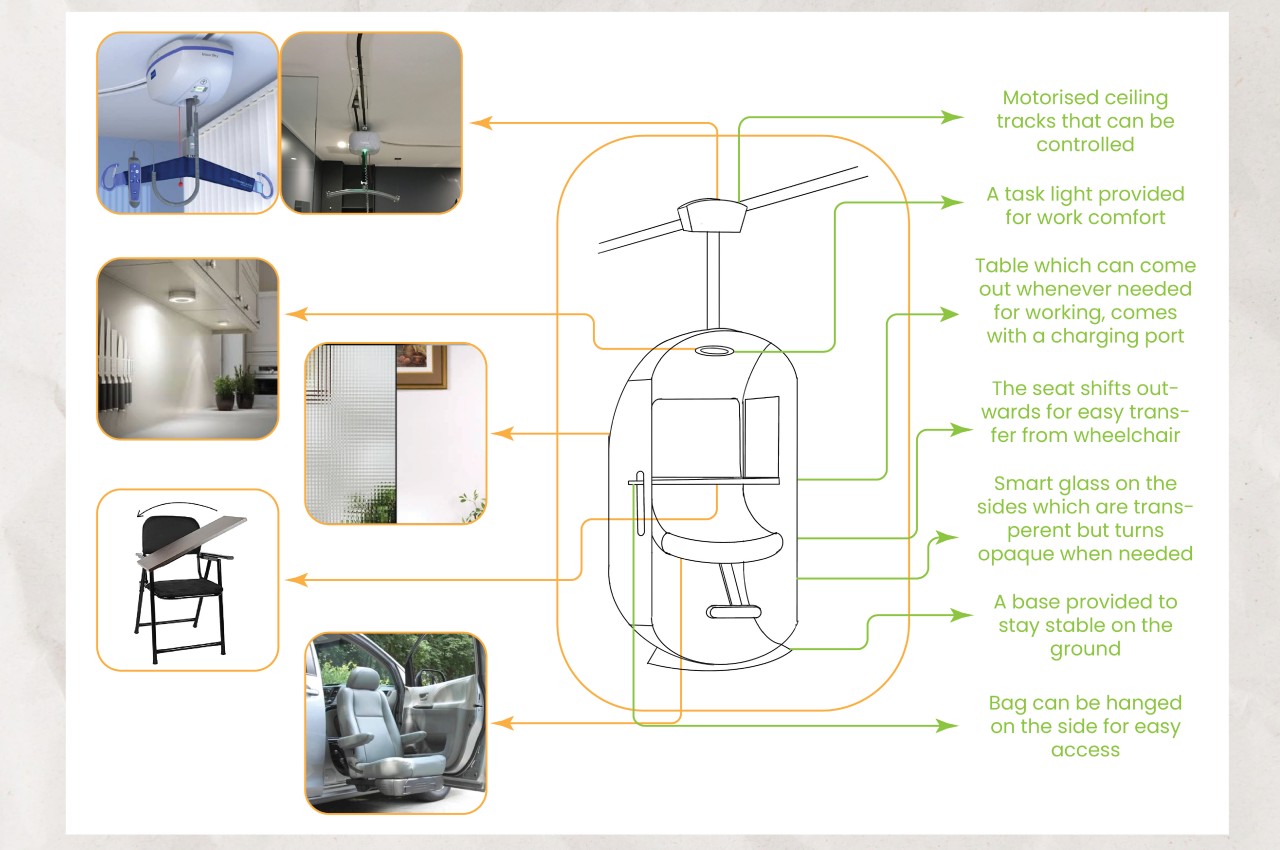
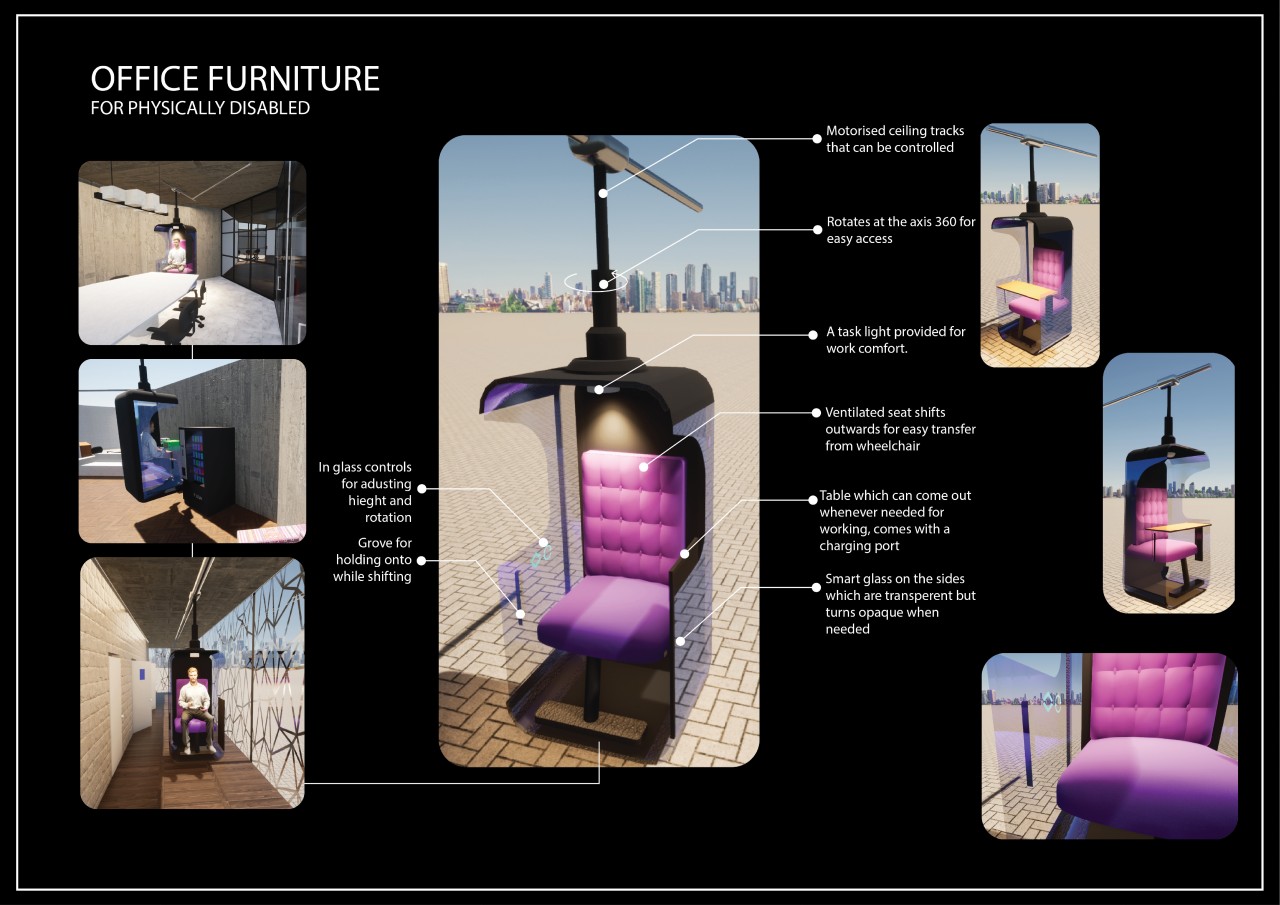
The person, however, might not even have to move at all, presuming the office, home, or facility is built with a system that can move the furniture around. The concept allows for a motorized track running across the ceiling for that very purpose, like trains on a rail. There’s also a desk that pivots and slides in and out as needed, similar to those chairs used in some classrooms. The entire ensemble is enclosed in an open cubicle shape with smart glass that can go transparent or opaque, depending on whether the person inside needs visibility or privacy.
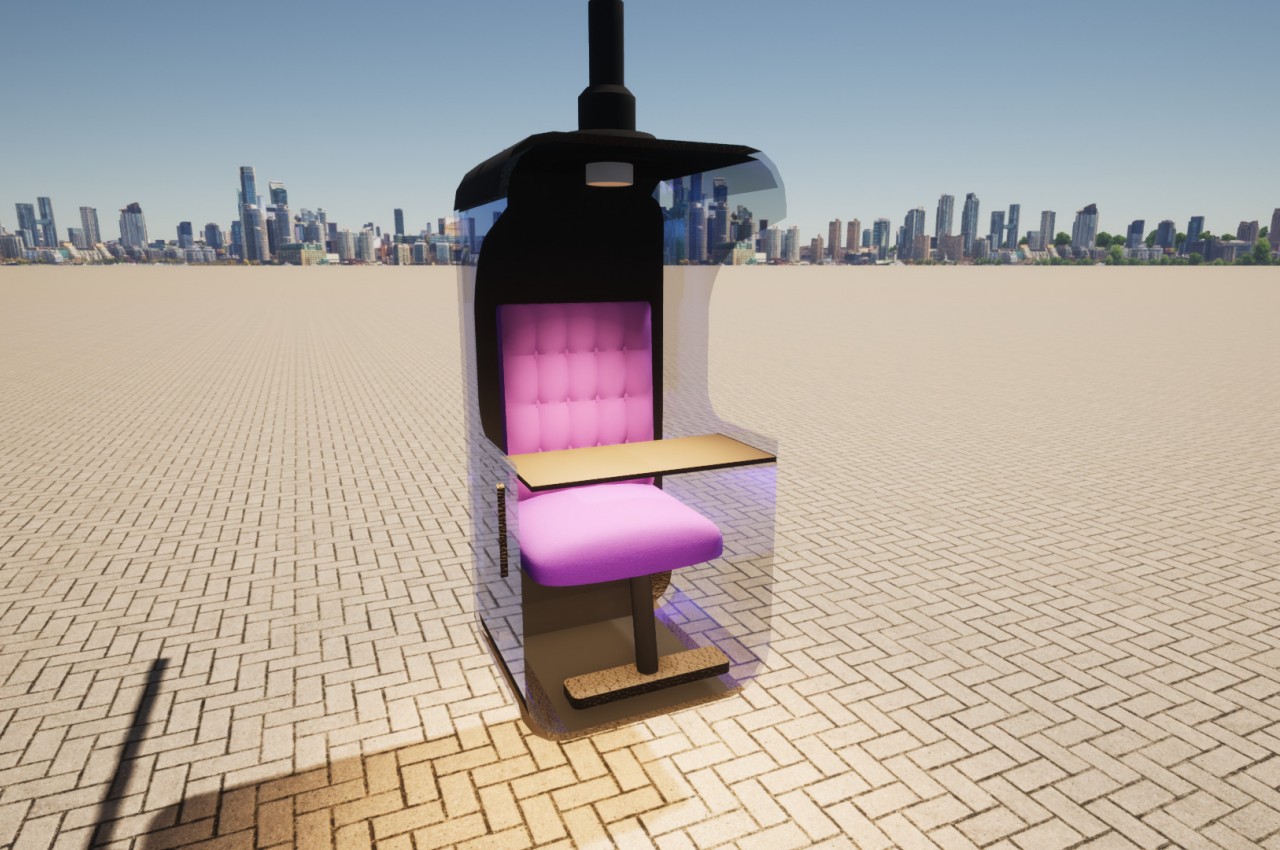
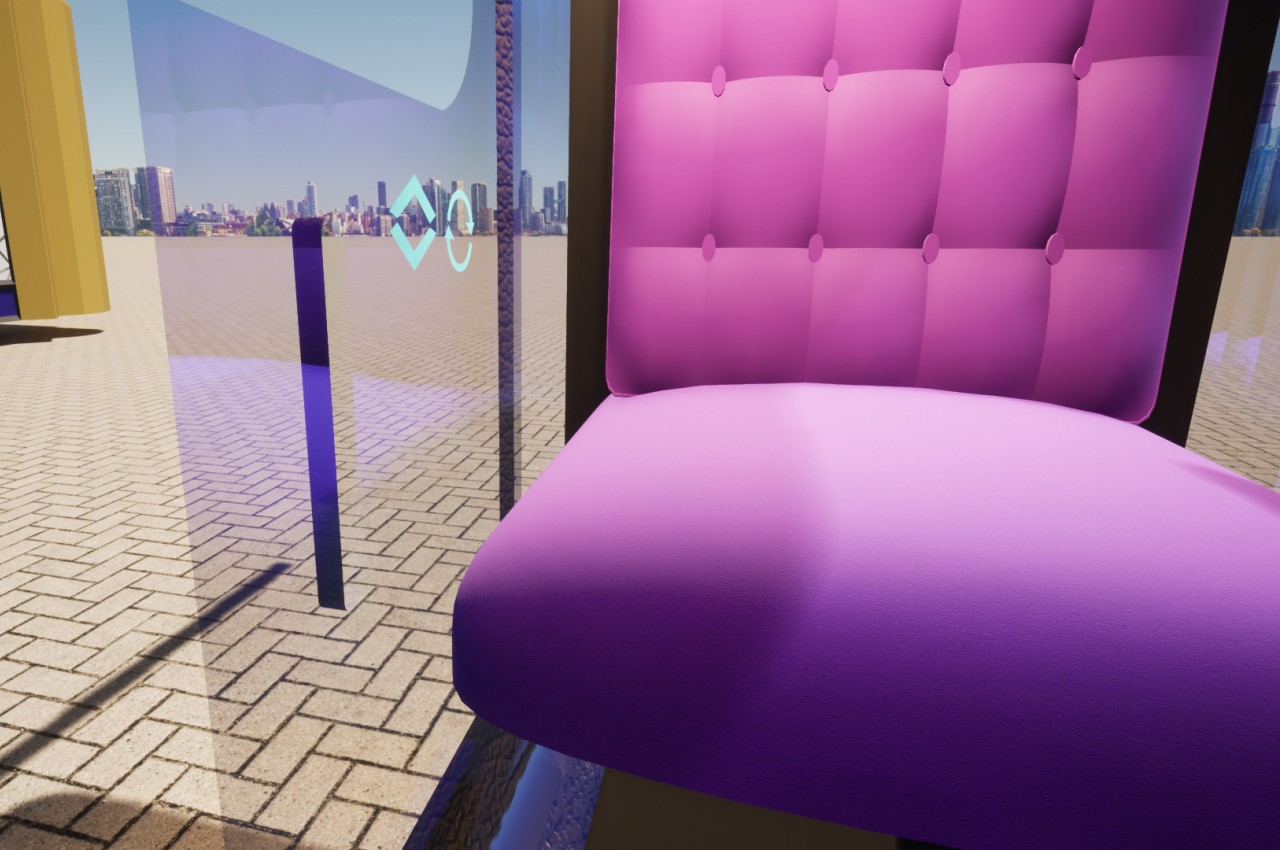
This is admittedly a rather ambitious design, but with the exception of the motorized ceiling track and privacy glass, it might actually be possible to implement. The thesis does at least demonstrate how an accessibility-focused design process can make a huge difference, one that could ironically benefit even those without disabilities in making their office life a bit more convenient and comfortable.
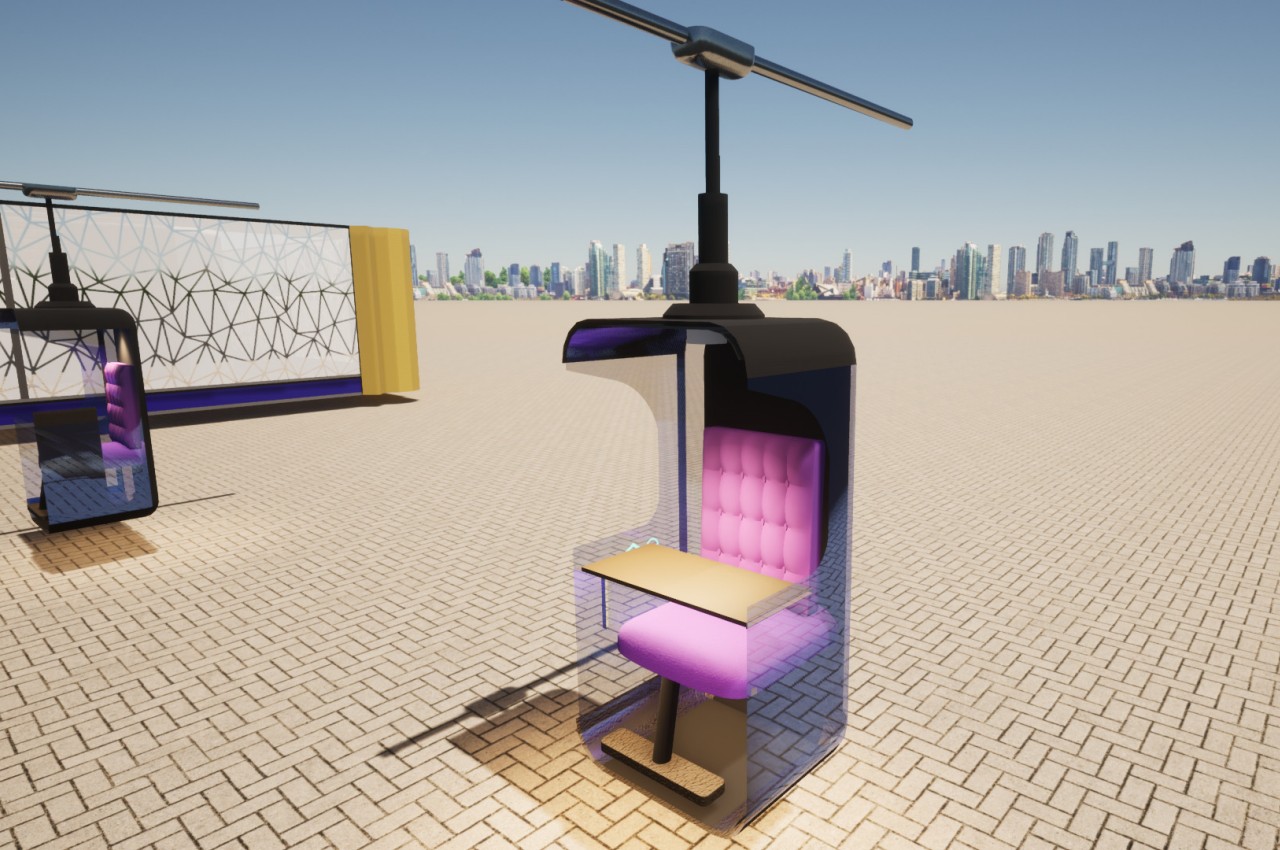
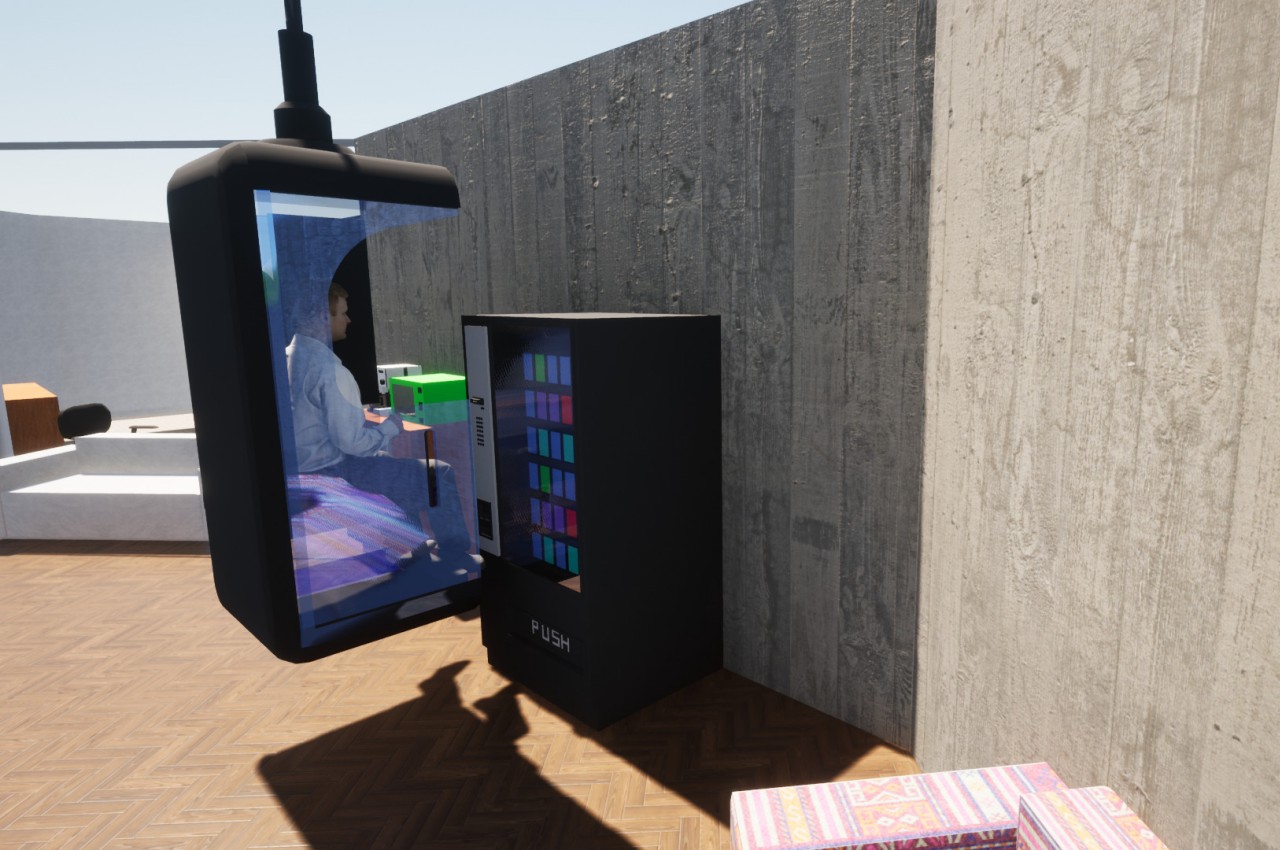
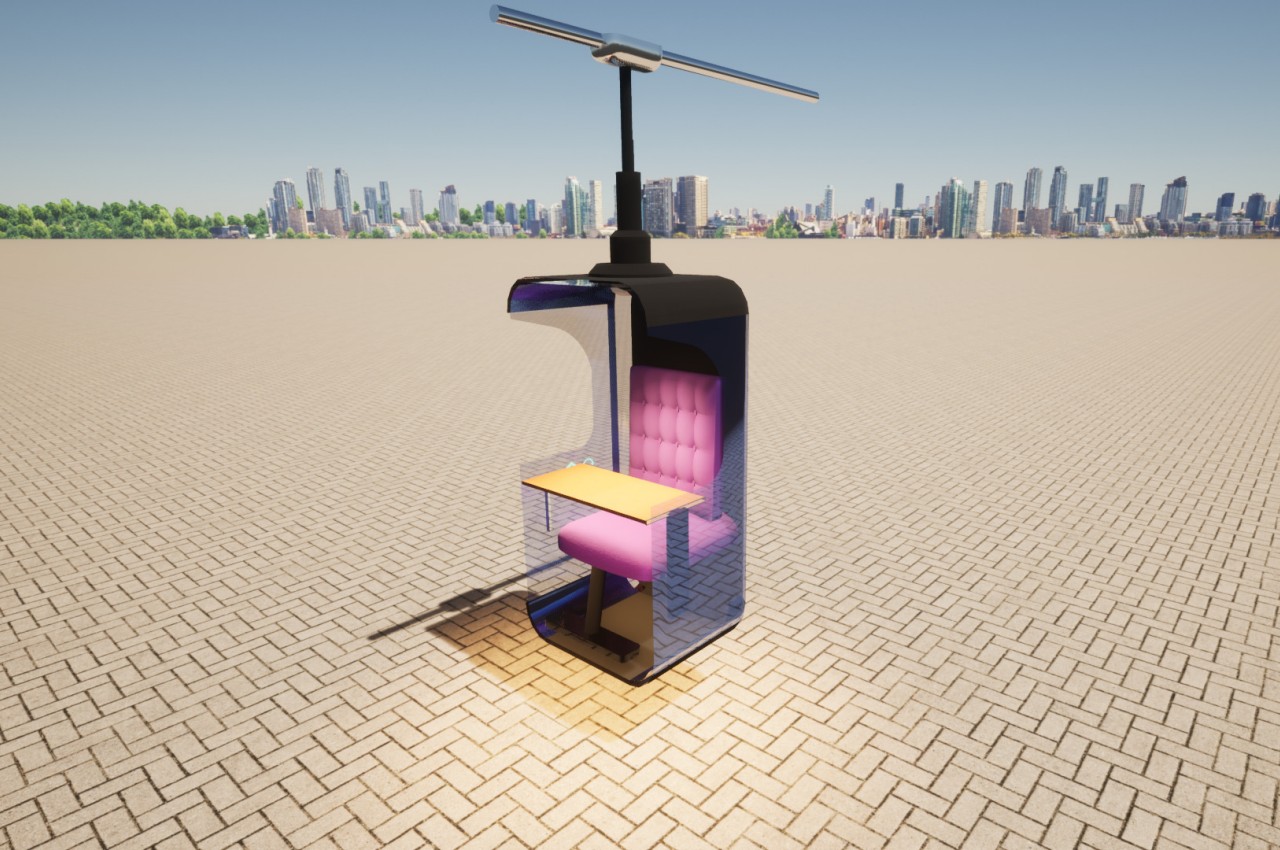
The post Office furniture concept was made with accessibility front and center first appeared on Yanko Design.
No comments:
Post a Comment